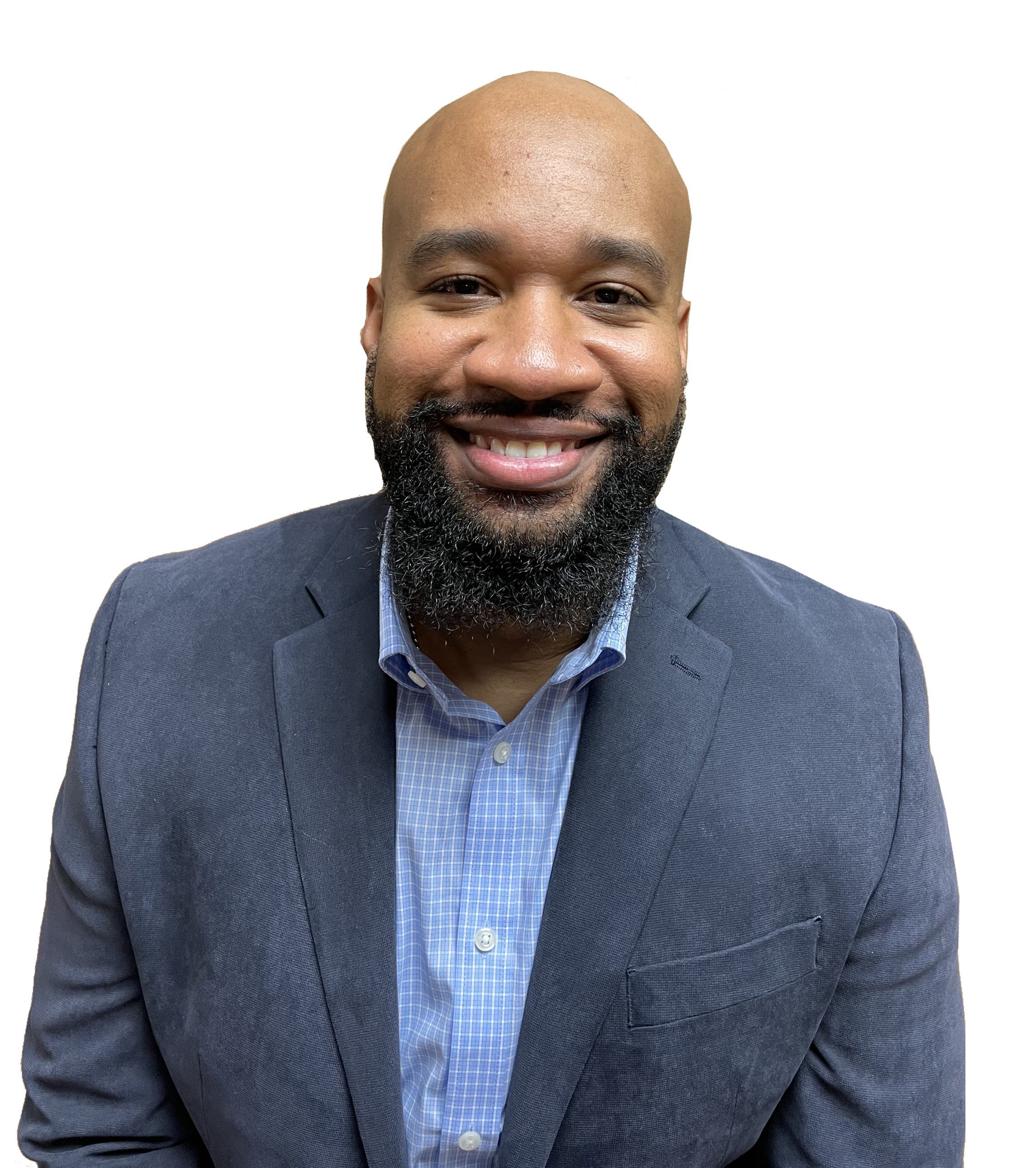Let’s help those leaving prison re-enter society

Each year, about 8,000 men and women leave prison in Mississippi. But with very little streamlined assistance currently available and unnecessary government roadblocks to work, a large percentage of those ex-offenders will be back in prison within a couple of years, continuing to put a strain on state budgets, families, and the economy.
Danny and Christy Austin of Corinth could have been one of those statistics. The couple had struggled with addiction through much of their adult lives.
In his mid-20s, Danny found himself using drugs and stealing. He was also involved in gangs.
“I smoked weed for a long time and started doing hard drugs with the gangs,” he said. “The very first time I ever used meth, I injected it. I lost my mind with it.”
Christy was a functioning addict who eventually lost her children and her job.
“Living a life that was hard and fast is an understatement for me,” Christy said.
She was arrested for felony possession of meth and dismissed from the nursing program where she was enrolled.
“Everything was falling apart,” she said.
On the surface, their story isn’t much different from many others serving time in prison. But after several run-ins with the law, the couple found redemption and a new path through Living Free Ministries in Corinth.
But many leaving prison aren’t that lucky. They often don’t have a family or house to walk right into. If anything, the life they know is the life they had that led them to prison in the first place. We know they will need directions to employment, housing, substance abuse counseling, family restoration guidance, mental health services, and faith-based growth.
A 2021 report from the Performance Evaluation and Expenditure Review (PEER) Committee highlighted a recidivism rate exceeding 30% within the first 36 months of release.
This means that these men and women are returning to prison after committing a new crime or failing to comply with their release’s specific terms. Failed reintegration has the economic costs of court proceedings, inmate processing, and housing, but also the social costs of more victims, further destruction of families, and the image of the decline of public safety.
Several entities in Mississippi provide transitional beds, job and skills training, family counseling and parenting classes, and the list goes on. These various organizations, like Living Free Ministries, are doing great work in pockets of the state.
But if you are not internet savvy or do not have the means to scour Google for 16 pages of information that may or may not be relative to your specific problem, then what are you supposed to do.
Through technology, we could narrow that search. We can bring together a hub of information that these men and women could go to that provides an exhaustive list of services, jobs, and housing available in their specific geographic area that they could choose from depending on individual needs.
Finding a job is one of the critical factors in determining if a person leaving prison will run into new problems with the law. Ranking 50th in the nation with a labor force participation rate of 55.9 percent, Mississippi could most assuredly benefit from connecting willing and ready individuals in quality jobs. That was true long before the labor shortages of the past year.
Unnecessary barriers to work exacerbate that problem. About a quarter of middle-income jobs that don’t require a college education in Mississippi require an occupational license before you can work. But even if you spend the time and money to acquire that license, licensing boards may still deny an application if you have a criminal record. Whether or not it has anything to do with the job you are seeking.
We understand this may be applicable in some instances, but a blanket ban serves no functional purpose. The state could put more people to work and reduce recidivism, with a Fresh Start Act covering all occupations.
The legislature has begun digging into this issue. That is a good thing. Let’s help more people have the happy ending of Danny and Christy.
This column appeared in the Daily Journal.
